Joint circular economy venture is ‘big win’ for local community
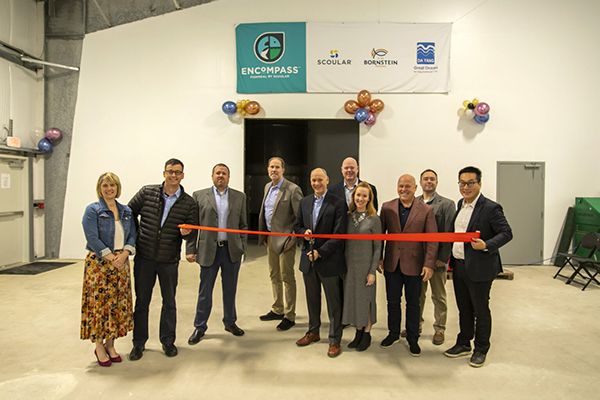
Scoular, Da Yang Seafood and Bornstein Seafoods have opened a new fishmeal processing facility in Warrenton, Oregon – the first of its kind to open in North America in at least 25 years.
Adopting a circular economy approach, the facility, which is located at the Port of Astoria’s Airport Industrial Park, will upcycle Da Yang and Bornstein fish trimmings from their nearby seafood processing plants. The trimmings will be processed into fishmeal and fish oil – valuable ingredients in the pet food and aquaculture markets and both marketed under Scoular’s Encompass™ brand. Processing will begin in early 2023.
“Bornstein Seafoods has long sought to utilize 100 percent of our seafood resources as locally as possible, and this new facility will allow us to do just that,” said Andrew Bornstein, Vice President of Bornstein Seafoods. “Partnering with Scoular and Da Yang Seafood to not only optimize our ocean resources but also to reduce our need to ship these resources to distant markets is a big win for our local community.”
Scoular, a global agribusiness based in Nebraska, is among the world’s largest and most diverse fishmeal and fish oil suppliers. Growth in the aquaculture and pet food industries has increased the demand for fishmeal, which delivers highly digestible protein.
“Our new joint venture meets this demand through innovation and by bringing together two longtime local businesses with Scoular to create a sustainable protein ingredient for pet food and aquafeed,” said Paul Maass, Scoular CEO.
The $17.5 million facility, the first tenant of the Port of Astoria’s Industrial Park, has helped to drive the park’s development. The construction project alone has added $5.4 million into the local economy, according to contractor estimates.
“This investment is a win for local business partners, the City of Warrenton, Clatsop County, the Port of Astoria, and the entire region,” said Will Isom, the Port’s executive director.
Follow the Advocate on Twitter @GSA_Advocate
Now that you've reached the end of the article ...
… please consider supporting GSA’s mission to advance responsible seafood practices through education, advocacy and third-party assurances. The Advocate aims to document the evolution of responsible seafood practices and share the expansive knowledge of our vast network of contributors.
By becoming a Global Seafood Alliance member, you’re ensuring that all of the pre-competitive work we do through member benefits, resources and events can continue. Individual membership costs just $50 a year.
Not a GSA member? Join us.
Author
Tagged With
Related Posts
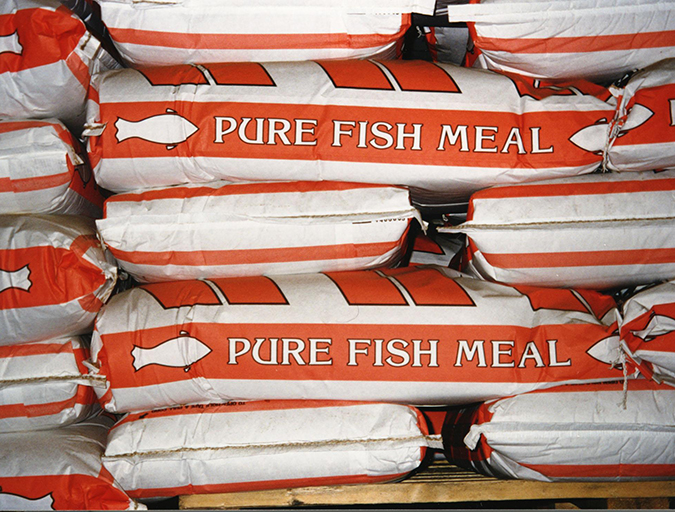
Aquafeeds
Researchers say sparing fishmeal and fish oil in farmed salmon diets can foster long-term growth
Deakin University study finds that just 3% of fishmeal and fish oil in farmed salmon diets could allow the industry to grow for the rest of this century.
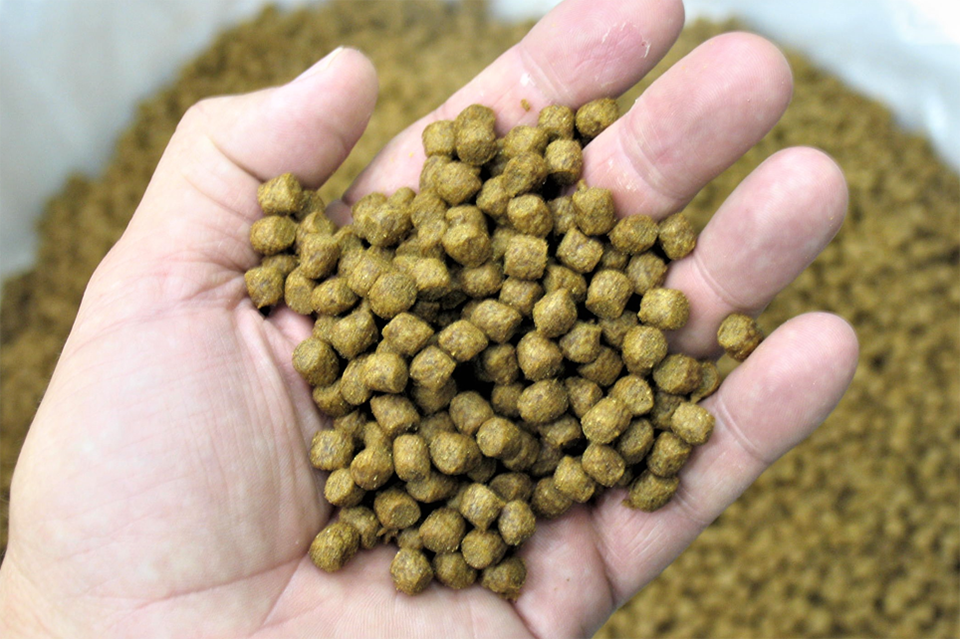
Aquafeeds
Fact check: Global fed aquaculture produces three to four times as much fish as it consumes
University of Stirling researchers say fed aquaculture efficiently utilizes traditional marine feed ingredients, refuting a recent published study.
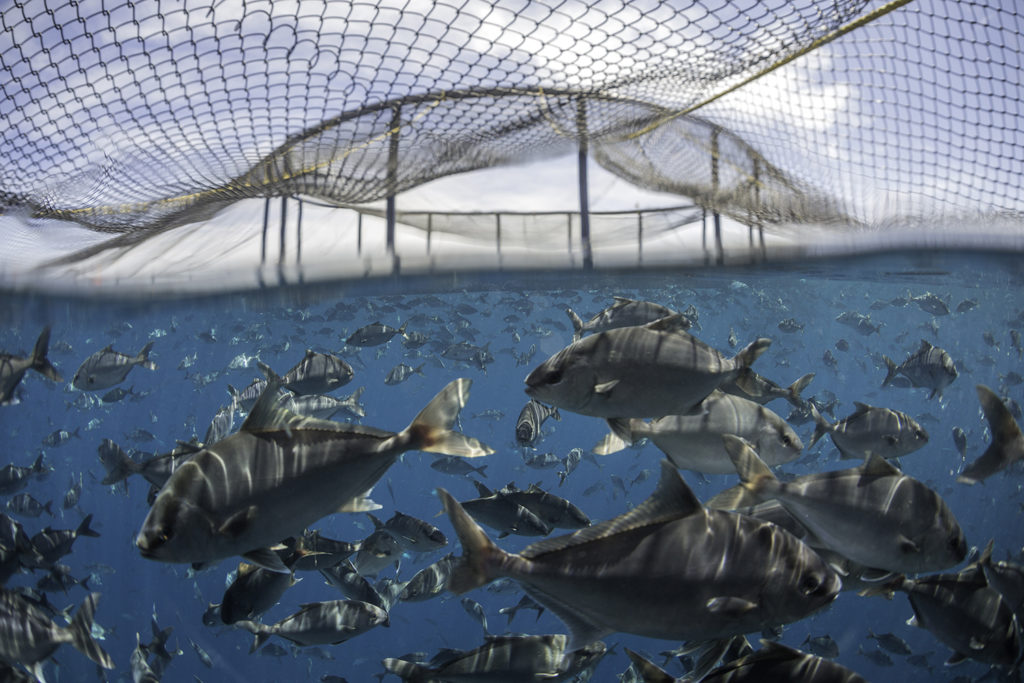
Aquafeeds
Testing diets without fishmeal and fish oil for kampachi
An evaluation of experimental juvenile kampachi (Seriola rivoliana) diets – with zero fishmeal or fish oil – finds significant potential.
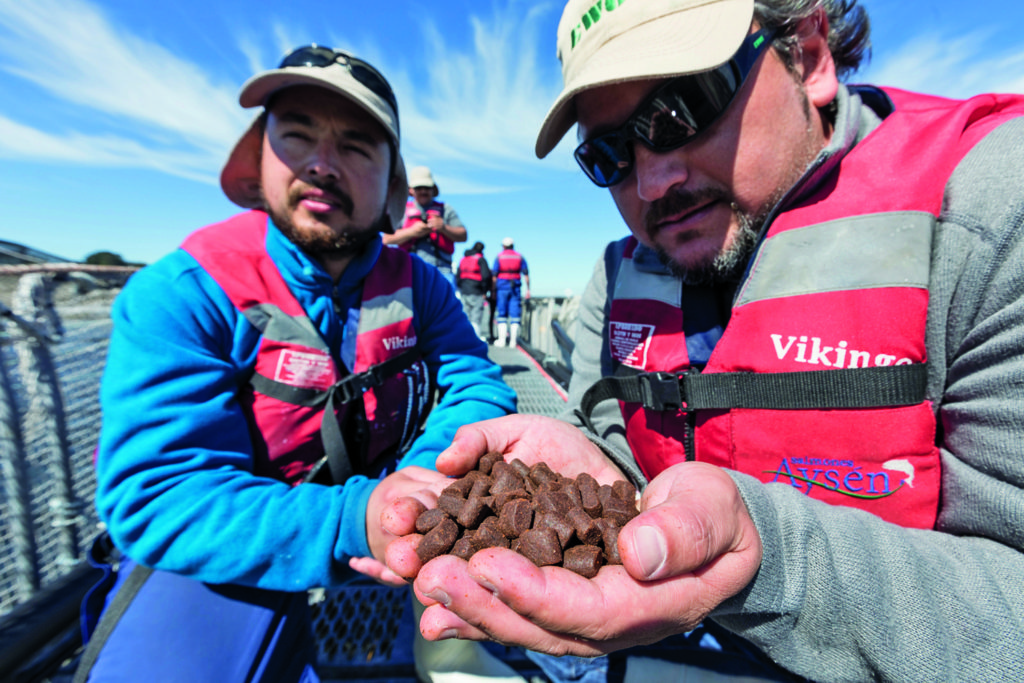
Aquafeeds
With byproducts, getting more from – and for – fish
Use of fish trimmings and byproducts in fishmeal and fish oil is a win for aquaculture. But challenges loom, including logistics and economics.



